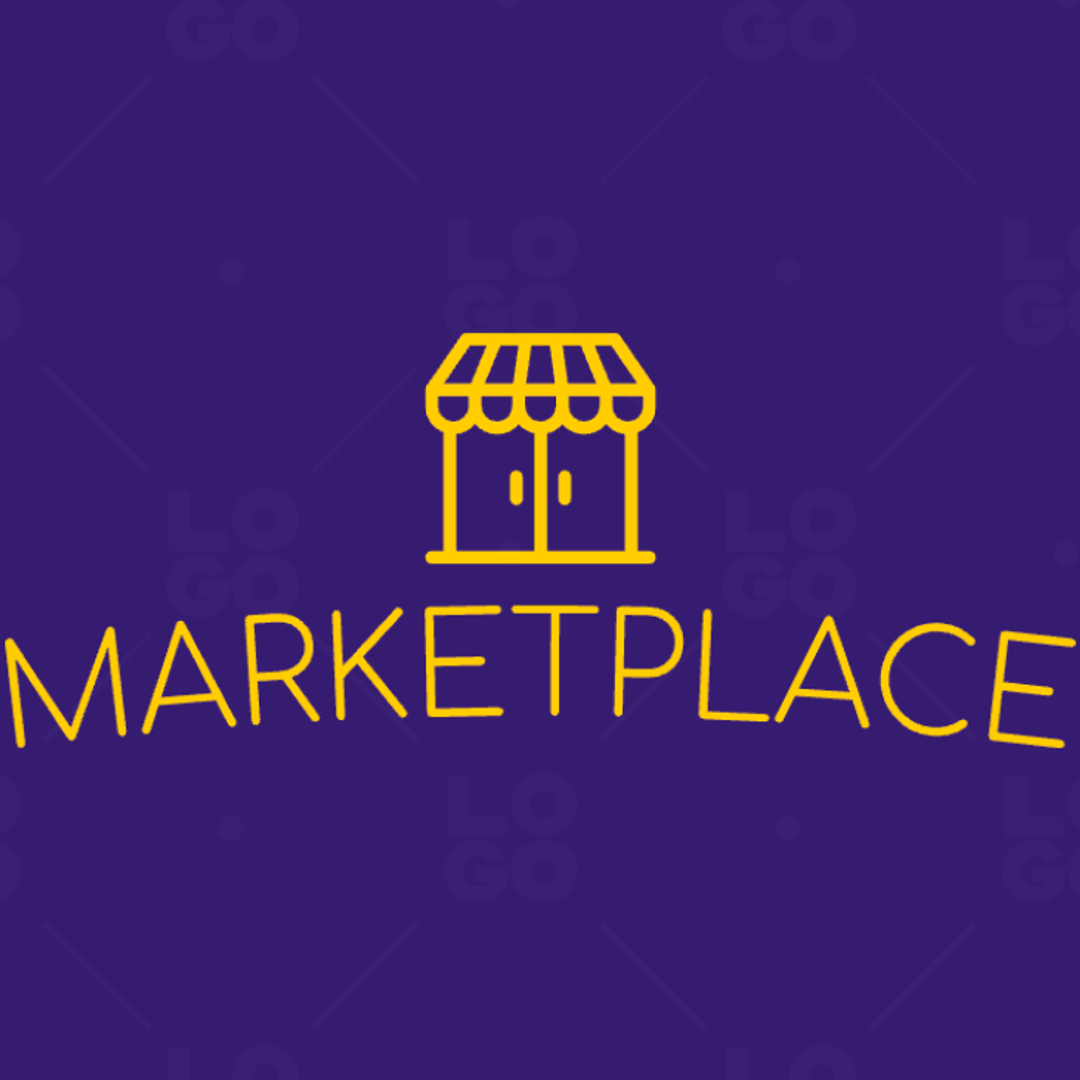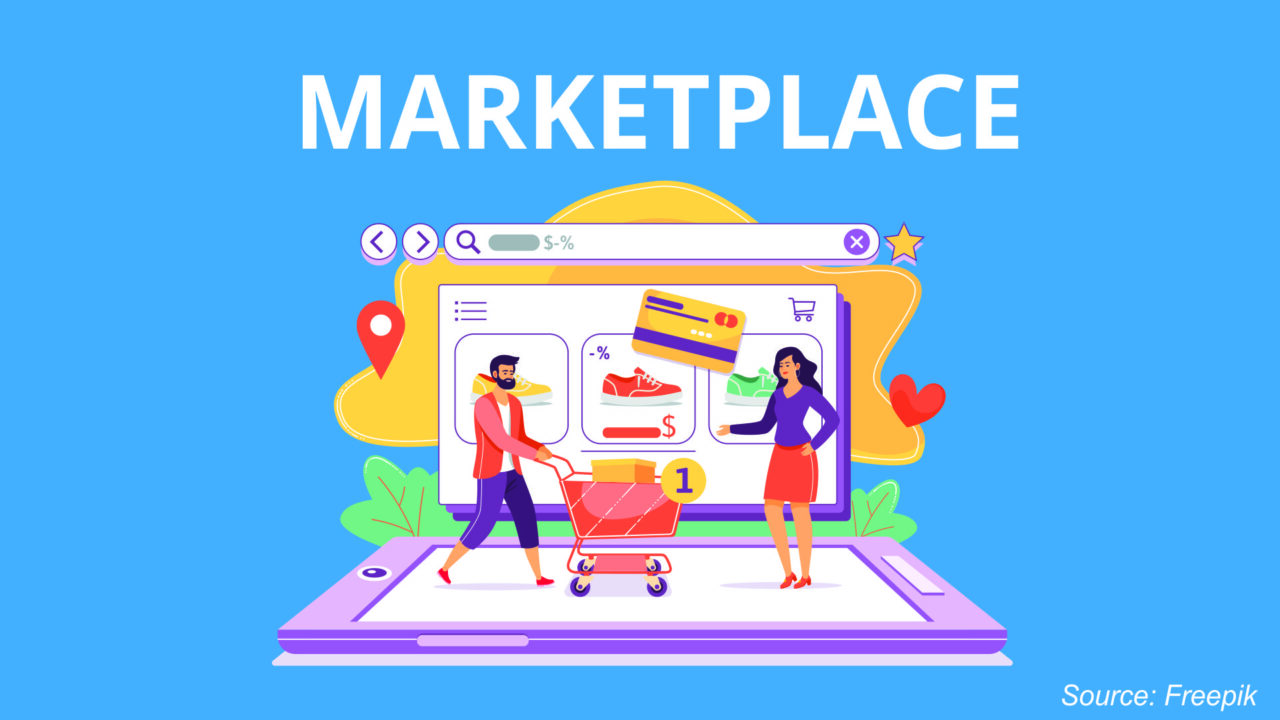Hey there, digital enthusiast! If you're reading this, chances are you've stumbled upon the magic word that's reshaping commerce as we know it: marketplace. This isn't just another buzzword—it's a game-changer for businesses, entrepreneurs, and consumers alike. Picture this: an online space where buyers and sellers connect seamlessly, breaking down geographical barriers and opening doors to endless opportunities. That, my friend, is what a marketplace is all about. Let’s dive in and uncover its secrets!
But hold up! Before we get too deep, let me paint the bigger picture for you. Marketplaces aren’t new—they’ve been around for centuries in physical forms like bazaars and flea markets. Fast forward to today, and these platforms have evolved into digital powerhouses. Whether you're a small business owner looking to scale or a savvy shopper hunting for the best deals, marketplaces are your ultimate playground. Stick around, because we're about to break it all down for you.
Now, buckle up! This article isn’t just another run-of-the-mill guide. We’re going to explore everything you need to know about marketplaces—how they work, why they matter, and how you can leverage them to achieve your goals. So, whether you're a newbie or a seasoned pro, there's something here for everyone. Let’s get started!
Read also:Sherrill Redmon The Woman Who Revolutionized Music Production Through Her Unconventional Journey
Here’s a quick roadmap to help you navigate:
- What is a Marketplace?
- Types of Marketplaces
- How Marketplaces Work
- Benefits of Using Marketplaces
- Challenges in Marketplaces
- Top Marketplaces to Explore
- The Future of Marketplaces
- Tips for Marketplace Success
- Marketplace Statistics
- Wrapping It Up
What is a Marketplace?
Alright, let’s start with the basics. A marketplace is essentially an online platform where multiple sellers can list their products or services, and buyers can browse, compare, and purchase them—all in one place. Think of it as a virtual shopping mall where everyone gets a booth to showcase their stuff. Platforms like Amazon, eBay, and Etsy are prime examples of marketplaces that have revolutionized the way we shop.
But here’s the kicker—marketplaces aren’t just for retail. They span across industries, from real estate (hello, Zillow!) to freelance services (Fiverr, anyone?). The beauty of a marketplace lies in its ability to bring together diverse players under one roof, creating a win-win situation for everyone involved. Sellers get access to a massive audience, while buyers enjoy convenience and variety.
Key Features of a Marketplace
So, what makes a marketplace tick? Let’s break it down:
- Multi-Vendor Model: Unlike traditional e-commerce sites, marketplaces allow multiple sellers to operate independently within the same platform.
- Centralized Management: The marketplace owner handles everything from user interface to payment processing, making it easier for sellers to focus on their core business.
- Scalability: Whether you're a startup or a multinational company, marketplaces offer the flexibility to grow at your own pace.
- Trust and Security: Reputable marketplaces invest heavily in security measures to protect both buyers and sellers.
Types of Marketplaces
Not all marketplaces are created equal. Depending on the industry and target audience, they can be categorized into different types. Here’s a quick rundown:
1. B2C Marketplaces
Business-to-Consumer marketplaces connect sellers directly with individual buyers. Think Amazon, where you can buy anything from books to blenders. These platforms dominate the retail space and are a go-to for everyday shoppers.
Read also:Does Faith Hill Have Cancer Debunking The Rumors And Uncovering The Truth
2. C2C Marketplaces
Consumer-to-Consumer marketplaces allow individuals to sell directly to other individuals. eBay and Craigslist are classic examples. These platforms are perfect for selling second-hand items or unique finds.
3. B2B Marketplaces
Business-to-Business marketplaces cater to companies looking to buy or sell goods and services in bulk. Alibaba is a prime example, connecting manufacturers with distributors worldwide.
How Marketplaces Work
Now that you know what marketplaces are and the different types, let’s dig into how they actually function. At its core, a marketplace operates on a simple principle: connecting buyers and sellers. But there’s more to it than meets the eye.
Sellers typically pay a commission or listing fee to the marketplace in exchange for access to its vast customer base. In return, the marketplace provides tools and resources to help sellers manage their inventory, process payments, and handle customer service. For buyers, the process is even simpler—just browse, click, and checkout!
Behind the Scenes
Here’s a sneak peek into the behind-the-scenes magic:
- Onboarding Process: Sellers go through a verification process to ensure authenticity and compliance with platform policies.
- Product Listing: Sellers create detailed listings complete with photos, descriptions, and pricing.
- Search and Discovery: Buyers use search filters and recommendations to find exactly what they’re looking for.
- Transaction Handling: Marketplaces facilitate secure payments and handle disputes if necessary.
Benefits of Using Marketplaces
Why should you care about marketplaces? Well, because they offer a ton of benefits for both sellers and buyers. Let’s break it down:
For Sellers
- Increased Visibility: Tap into a massive audience without the need for expensive marketing campaigns.
- Reduced Overhead Costs: No need to invest in physical stores or complex tech infrastructure.
- Access to Tools and Resources: Leverage advanced analytics, marketing tools, and customer support systems provided by the platform.
For Buyers
- Convenience: Shop from anywhere, anytime, with just a few clicks.
- Wide Selection: Explore a vast array of products and services under one roof.
- Competitive Pricing: Sellers often offer discounts and promotions to attract more customers.
Challenges in Marketplaces
Of course, no system is perfect. Marketplaces come with their own set of challenges that both sellers and buyers need to navigate.
For Sellers
- High Competition: Standing out in a crowded marketplace can be tough.
- Commission Fees: Some platforms charge hefty fees, eating into profit margins.
- Brand Dilution: Without direct control over the customer experience, brands may struggle to maintain their identity.
For Buyers
- Quality Concerns: With so many sellers, it’s hard to guarantee consistent quality.
- Shipping Delays: Cross-border transactions can lead to delays and additional costs.
- Security Risks: While reputable platforms are safe, phishing scams and counterfeit products remain a concern.
Top Marketplaces to Explore
Ready to dive in? Here are some of the top marketplaces you should check out:
1. Amazon
Need we say more? Amazon is the king of B2C marketplaces, offering everything under the sun. Its Prime membership program and Fulfillment by Amazon (FBA) service make it a favorite for both sellers and buyers.
2. Etsy
For all things handmade and vintage, Etsy is your go-to platform. It’s a paradise for crafters and collectors alike.
3. Alibaba
When it comes to B2B transactions, Alibaba reigns supreme. From raw materials to finished products, you can find it all here.
The Future of Marketplaces
So, where is this whole marketplace thing headed? The future looks bright, folks. With advancements in AI, blockchain, and augmented reality, marketplaces are set to become even more efficient and user-friendly.
Imagine shopping for furniture and seeing exactly how it would look in your living room before you buy it. Or using blockchain to ensure the authenticity of luxury goods. The possibilities are endless, and marketplaces are at the forefront of this digital revolution.
Tips for Marketplace Success
Whether you’re a seller or a buyer, here are some tips to help you succeed in the world of marketplaces:
For Sellers
- Optimize Your Listings: Use high-quality images, detailed descriptions, and relevant keywords to attract more buyers.
- Focus on Customer Service: Respond promptly to inquiries and resolve issues quickly to build trust.
- Utilize Platform Features: Take advantage of promotional tools and analytics to boost your sales.
For Buyers
- Read Reviews: Check out what other buyers have to say before making a purchase.
- Compare Prices: Don’t settle for the first option—shop around to find the best deal.
- Stay Safe: Stick to reputable platforms and use secure payment methods to protect yourself from scams.
Marketplace Statistics
Numbers don’t lie, and the stats surrounding marketplaces are impressive. Here are a few to get you excited:
- Global e-commerce sales are projected to reach $7.4 trillion by 2023.
- Amazon accounts for nearly half of all e-commerce sales in the U.S.
- Mobile commerce is on the rise, with over 70% of shoppers using their phones to browse marketplaces.
Wrapping It Up
There you have it, folks—a comprehensive guide to marketplaces and why they matter in today’s digital landscape. From understanding the basics to exploring the future possibilities, we’ve covered it all. Marketplaces are more than just platforms—they’re ecosystems that empower businesses and consumers to thrive.
So, what’s next? If you’re a seller, start optimizing your listings and leveraging the tools at your disposal. If you’re a buyer, keep exploring and discovering new treasures. And don’t forget to share this article with your friends and colleagues. Together, let’s embrace the power of marketplaces and shape the future of commerce!
What do you think about marketplaces? Share your thoughts in the comments below, and let’s keep the conversation going!


